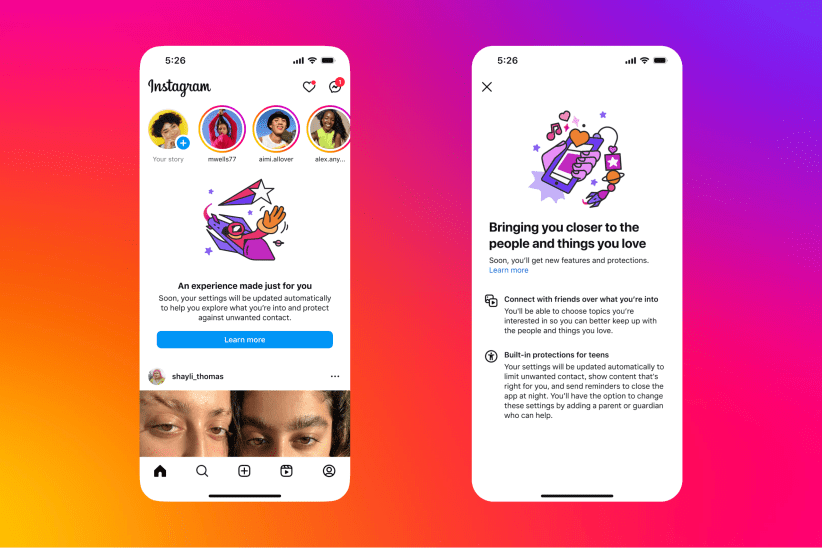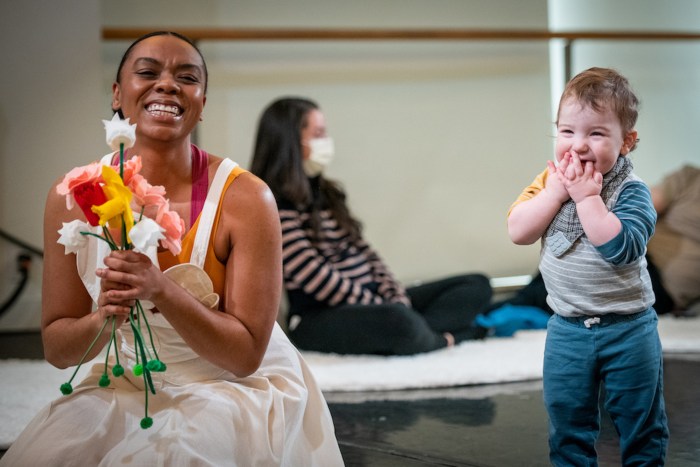Are you focused on developing the emotional intelligence within your kids at home and your team at work? You should be! The New York Times article “Today’s Students May Be Emotionally Unprepared” (June 22, 2016) stated that American teenagers are facing more stress than their parents, according to a report by the American Psychological Association. It went on to say that these teens “attempt suicide more often than youths in most other countries, and they are among the world leaders in violence, binge drinking, marijuana use, obesity, and unhappiness, according to a Temple University professor, Laurence Steinberg.”
It found that “a growing body of research demonstrates that the way people manage their emotions — that is, their emotional intelligence — matters for personal growth and to the success of the broader society and economy. Emotions drive learning, decision-making, creativity, relationships, and health.”
In the last 20 years emotional intelligence has gained popular attention, largely because the internet has made the information available for everyone, and not just for academic researchers. But, if you start reading about emotional intelligence on your own, it can often be overwhelming. So, in the course of studying and researching this topic during the last 20 years, I’ve created an acronym to help simplify its components — which I call “SPACE.”
All leaders will possess different measures of these five (some may only be strong in one!) — but outstanding leaders will typically score high in all five areas. I often refer to these components as muscles, because if you exercise it, you will become stronger in it! So as I go through this list, ask yourself: How do you and your teen measure in each of these elements of emotional intelligence? Where does your family need to become stronger?
S = Self-starter
A person who knows what he wants, sets goals, delays gratification, and moves towards the goals regardless of whether he “feels like it” or not. These people are motivated, ambitious, and make their lives happen (as opposed to life happening to them). They carefully manage their time and energy (emotional and physical) to ensure they achieve their goals. My “Dare To Dream” one-day event for students and adults is geared to awaken this self-starter “muscle.”
P = Passion
A person who is passionate about her life! Her passion is contagious and because of this, people want to work with her! The powerful part of this emotional intelligence muscle is that it’s contagious. Just think of one of your favorite leaders, teachers, mentors, coaches, or managers. Chances are good that these people were passionate! When we are around passionate people, we feel it and want to be around them! But the opposite is also true; if we are around people with flat energy, we will likely feel disengaged and bored.
When students are deciding on a career path, I advise them to identify their passions, values, and, most importantly, to create a plan for their passion. The “Strategic Career” one-day event for students and adults (via LIVE webinar) is designed to tap into this muscle, helping students identify their passions and strengths as they zero in on their dream careers.
A = Assertiveness
One of the main reasons marriages and families split and business partnerships fail is because of this one muscle. The majority of people do not know how to constructively deal with and resolve conflict! People with high emotional intelligence do not fear conflict, and they face it knowing they have the skills to successfully navigate difficult conversations.
There are many ways to learn this skill including individual counseling, reading books (“7 Habits Of Highly Effective People” is one of my favorites for explaining this), and simply studying people in your life who know how to do this well!
C = Confidence
Confidence is such a fundamental core of helping a person to be successful because ultimately this attitude we have about ourselves drives our decision-making! When someone is confident he is more likely to set and achieve goals; choose friends and partners that treat him well; strive for excellence (not perfection); be decisive; be assertive and resolve conflicts; and ask for help when he needs it.
So where can you learn it? My “Power Of Confidence” one-day event for students and adults helps to awaken this emotional muscle. Another resources for adults include “The Power Of Story” by Jim Loehr.
E = Emotionally aware
How well do you manage your emotions? What motivates you and stresses you? Do you carefully manage your life, exercising your self-starting muscle to maximize your energy and emotions?
For example, if you know that running around to 10 different extra-curricular activities on the weekend with your family is going to drain you, are you careful to use your assertiveness to set limits, using your confidence to say “yes” to what you want and “no” to what you don’t want? If we don’t properly exercise these other muscles, our ability to be emotionally aware can really get stuck, causing anxiety, depression, exhaustion, burnout, and stress.
So where can you learn more about this emotional intelligence component? I teach it in all of my courses.
As you focus on developing each of your emotional intelligence areas, remember that all of these muscles are 100 percent learned (which is exciting!). If you have figured out an area to improve in, be encouraged that you have just taken the first step to becoming an even more outstanding leader, supervisor, parent, and friend! And if you recognize that you need more help in any of these areas, let us know!
Dr. Karyn Gordon is a regular contributor to “Good Morning America,” best-selling author of “Dr. Karyn’s Guide To The Teen Years” (Harper Collins), and a motivational speaker. Visit her at www.dklea























